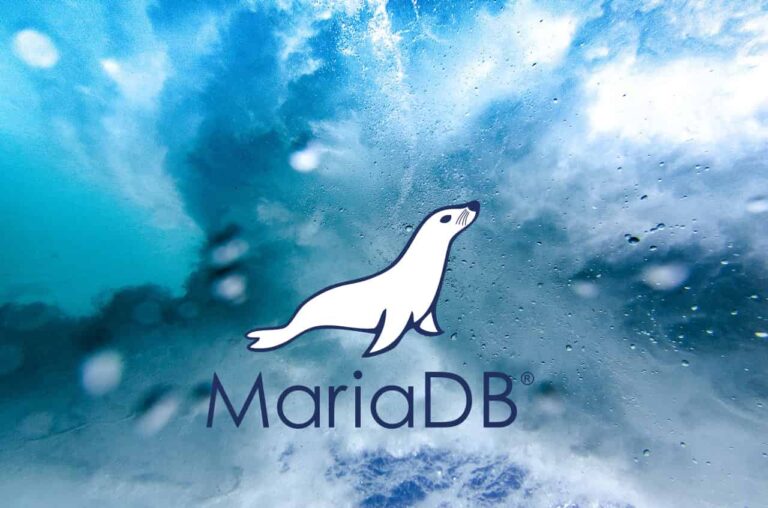K1 quietly revealed on Friday that it has tabled a “unsolicited non-binding indicative proposal” for MariaDB, which, as the name implies, is a non-binding exploratory offer that may vary depending on how negotiations proceed in the next weeks.
This plan includes purchasing all MariaDB shares at a price of $0.55 per share, which equates to approximately $37 million based on the company’s February 5 closing valuation, though it is unclear what form this offer will take.
The announcement comes amid substantial changes and upheaval at the company, which has seen a new CEO join the fray and a significant downsizing effort as it offloads both its database-as-a-service and geospatial operations.
Splitting off
MariaDB arose as a fork of MySQL 15 years ago, when MySQL’s project creators became concerned about the project’s independence following a series of billion-dollar acquisitions that led Oracle to effectively own MySQL in 2009.
MariaDB was considered a “drop-in” substitute for people looking for a fully open source MySQL alternative, and it has been utilized by well-known companies to store and manipulate data throughout various applications.
The commercial organization behind MariaDB raised over $230 million in venture capital over the years to develop premium features and services on top of the core project, with the goal of going public in December 2022 through a special purpose acquisition company (SPAC).
MariaDB’s IPO, like most SPAC-based IPOs, has been far from a resounding success, falling from an opening day market cap of $445 million in late 2022 (which was significantly lower than its previous private enterprise value of $672 million at its Series D round) to a perennial nosedive that has seen it hover at just over the $10 million mark since the turn of the year.
At the heart of it all has been a string of poor earnings reports, with the New York Stock Exchange (NYSE) warning MariaDB in September that it was not in compliance with listing rules requiring a company’s average global market capitalization to not fall below $50 million over a 30-day trading period.
In the months that followed, MariaDB got its first “unsolicited non-binding indicative proposal,” this time from current investor Runa Capital, who offered $0.56 per share in cash. Three weeks later, Runa announced that it would not be acquiring MariaDB after all, but that an affiliate firm, RP Ventures, would provide a $26.5 million loan.
Fast forward to early February of this year, and MariaDB announced a temporary forbearance arrangement with its creditors, indicating that they would refrain from implementing any remedies outlined in the loan agreement until an alternate financing option was sought.
This revelation caused MariaDB’s stock to more than quadruple in a matter of days, which is why K1 is bidding relative to MariaDB’s closing price prior to any forbearance agreement being revealed.Indeed, K1 claims it is paying an 189% premium on MariaDB’s February 5 closing price of $0.19, which equaled to a market capitalization of approximately $12.9 million.
There is no assurance that K1 will make a formal bid for MariaDB, but unlike Runa Capital, which is a more traditional VC, K1 has a 12-year track record of later-stage investments, putting it closer to the private equity arena. And, perhaps more importantly, it already has a few acquisitions under its belt, notably the $319 million acquisition of Australia’s ELMO Software in 2022, which it also made private during the transaction.
In many ways, K1 is better positioned to take over MariaDB than Runa was, even if it eventually decides against it.
According to Irish Takeover Rules, K1 has until March 29, 2024 to formalize its offer or abandon the plans entirely. MariaDB is subject to these rules because one of its headquarters is in Dublin, Ireland, while another is in Redwood City, California.
It’s also worth noting that, in light of the problems at the commercial MariaDB organization, the MariaDB Foundation, which is in charge of governance for the open source MariaDB project, recently signed a major sponsorship agreement with Amazon Web Services (AWS), which should help keep the lights on at the community-driven MariaDB incarnation.
